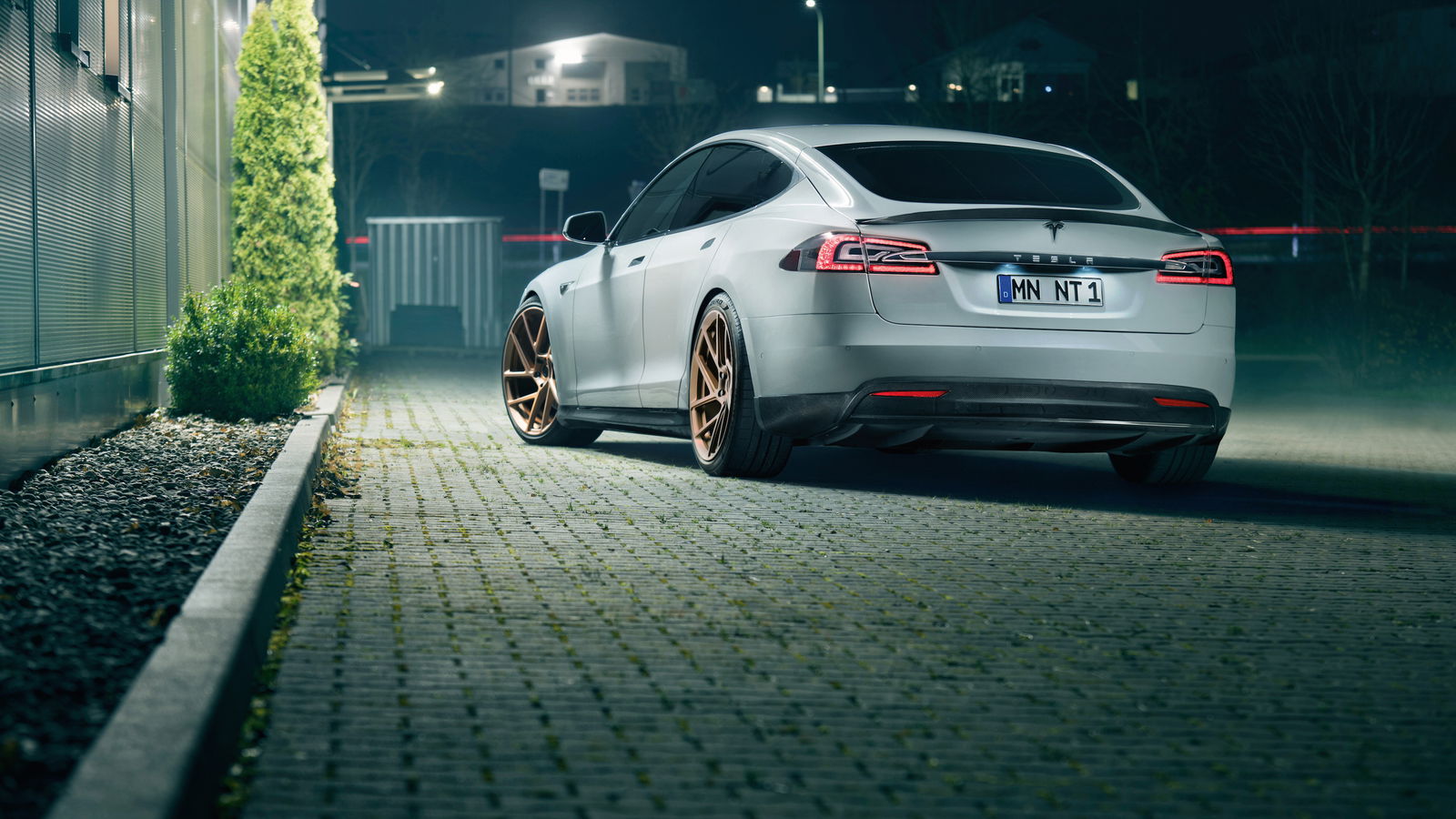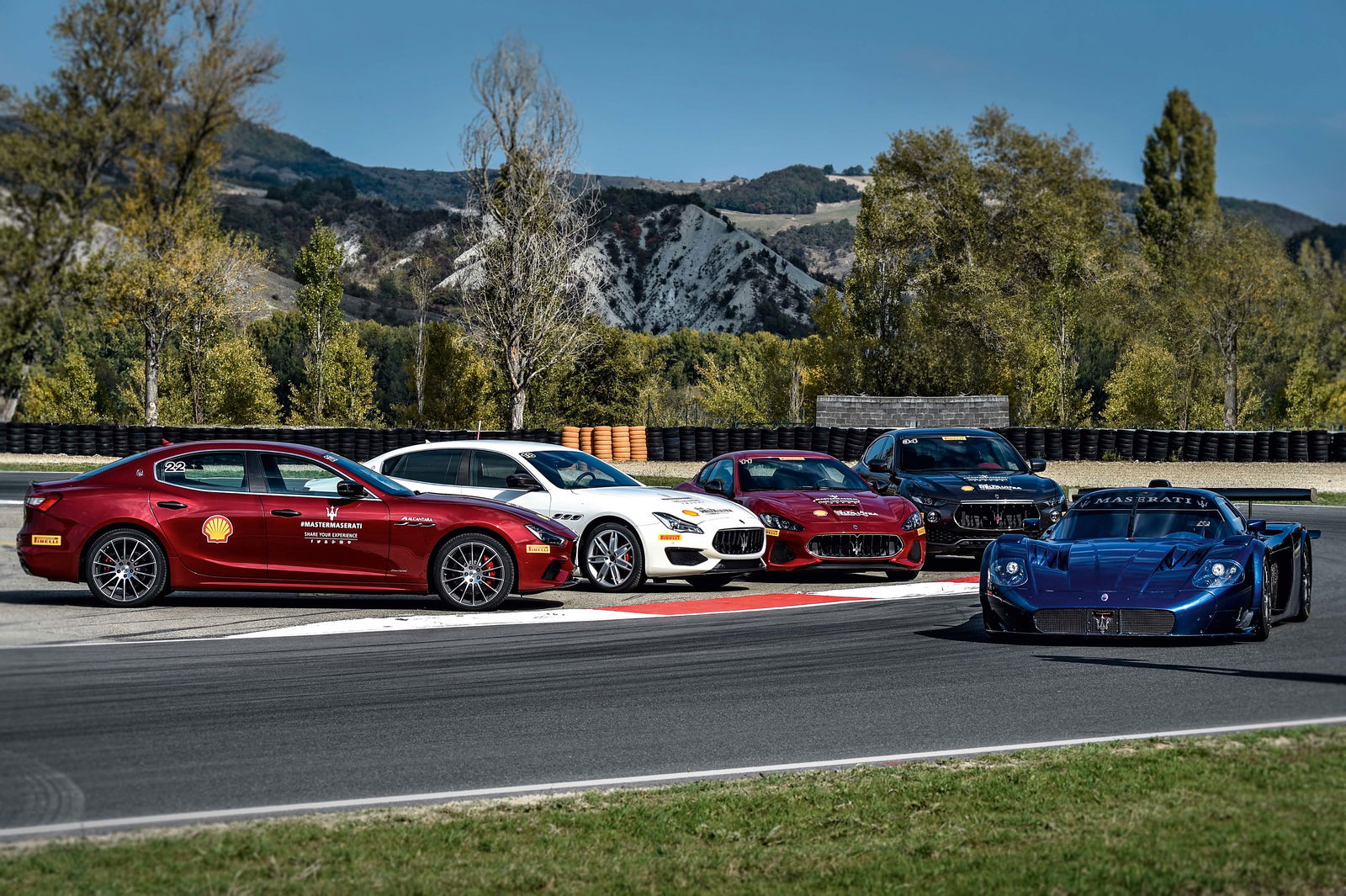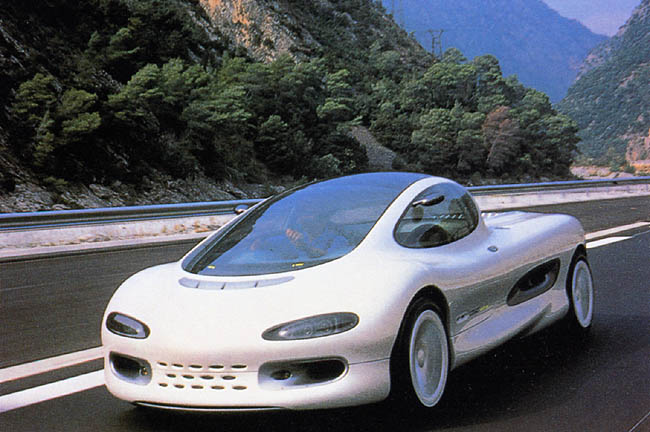Car Makers Need To Stop Using The Word 'Autonomous' Because People Actually Believe It

There’s a problem hiding in plain sight in today’s increasingly machine-moderated car world. It’s the word ‘autonomous.’
This word, defined loosely as something free of external control or influence, is being bandied around in what seems like almost every press release these days, but car makers need to stop it. Right now.
The problem is that there is no true autonomy in cars yet. All the years of development so far aren’t enough. Drivers, as we’re finding out regularly with Autopilot-activate crashes, can’t rely totally on the systems yet. And if you can’t rely on the system, what’s the point of it?

To be fair, systems like Autopilot are superb backups. They can see beneath the car in front, or hit the brakes before the human driver even knows why. Having them turned on is a no-brainer. The problem seems to arrive at the point where people start to think they can let go of the wheel.
Letting the computer do the driving is, as things stand, a bad idea. Uber’s test car saw a human being directly in its way but decided not to avoid her. Tesla’s Autopilot recently failed to see a massive, red fire truck. There’s probably nothing in the code to specifically suggest a reason why; it just didn’t. Humans make silly mistakes all the time, but so, it seems, do machines. Right now it seems like we’re just trading one kind of fallible for another. Another that’s out of our control, and for whose mistakes we get blamed anyway.
This is why talking about any kind of autonomy in cars right now is just wrong. The systems are still fallible but the more we talk about self-driving cars, the more the idea becomes normalised and the more people will blindly believe they simply work… until they don’t, that is, and someone ends up in hospital or worse. Judging by the news, people are beginning to switch off and put complete faith in the car. That’s proving to be a dangerous situation.
At best we should be thinking of any supposed autonomous driving systems as glorified cruise control. Sure, you can take your feet off the pedals, but a hand on the steering wheel is always a good idea (and often a requirement of the system) and you should always be focused on the road. You never know what kind of mess your expensive machine might get itself into when left to its own devices.
Temporary road markings, longitudinal cracks in the road surface, bright, low sun or even dirt on sensors can all deceive various systems. They might have your back, but they’re certainly not ready to take the lead.

Drivers still need to concentrate on driving, even if they’re technically not in control. To do that, the average human needs to be active in the process; managing steering at the least. By ending what’s becoming a frivolous use of the word ‘autonomous,’ car makers could hopefully remind people that there’s no such thing as a safe or totally competent self-driving car yet, and that drivers can’t simply turn to their smartphones believing they’re protected.
Autonomous cars that never, ever have accidents might happen one day. On the other hand, the infinite variables across an entire planet of roads and varying conditions will most likely always find occasional flaws in any amount of complex software. It’s crucial that people remember that, and maintain direct control of the car. Autonomy in cars is a myth, and it’s high time car makers stopped pretending otherwise.


Comments
“This is why talking about any kind of autonomy in cars right now is just wrong. The systems are still fallible but the more we talk about self-driving cars, the more the idea becomes normalised and the more people will blindly believe they simply work…”
Talking about any kind of autonomy in cars isn’t wrong. Acting like it’s already here and fully working is, however. That’s what’s killing people. Pretending that total autonomy in cars is readily available, even though it isn’t. Completely avoiding the topic isn’t right either, nor is it really possible at this point.
I did my senior project on how new safety features can create new dangers when driving. The two biggest problems? Companies praising these systems too much making them seem better than they really are and consumers’ lack of knowledge about the systems leading to over confidence in the computer’s ability. Driving as though you have no help is usually safer.
Yes. Right now, NO car is “autonomous”. The likes of Waymo are getting close, but they are still only being tested. As for the rest, they are basically glorified lane assists, and people need to understand that this means they must pay the same amount of attention as they would if they were fully driving. And this is why I think this “semi-autonomy” (Level 3) is just a plain bad idea. Most people can’t be trusted to use it properly.
If they want to test these, I suggest getting driving instructors to do it. They’re probably the people who are most used to having to be fully alert while being a passenger.
Rename autopilot to “assisted steering”
I’m sending this to every one of my normie “friends” so they can learn why nobody likes them.
This is why petrolhead needed when making a car, not only professors.
Agreed. The human is the ultimate computer. If you cant pay attention to the road and you put your faith in a far less capable computer, instead of being in control, than maybe it is time to reevaluate why you are driving
No, It’s time people start actually reading their manuals and paying attention to the documents they sign especially those that say they are aware that they need to stay focused and not be distracted
No, we dont need to stop call them autonomous, we need to let people have natural selection 😂
Last night I drove a fully speced S-Class at work. On the Autobahn those systems are amazing! You set your speed and distance and all you have to do is set the turn signal before overtaking. Very relaxing! I would not buy a new car without these systems.
But in other situations these systems just suck. Nearly every day I come across a place with temporary road markings, where the lane keeping assist hits the brakes. It’s so annoying! In not perfect conditions you spend your concentration on supervising the systems, which is way more exhausting than just doing the job yourself.
Some other autonomous systems like remote parking are simply corrections of what went wrong in the development of the car. Nobody needs a sh*tload of cameras and sensors in a reasonably sized car with good visibility.
Pagination